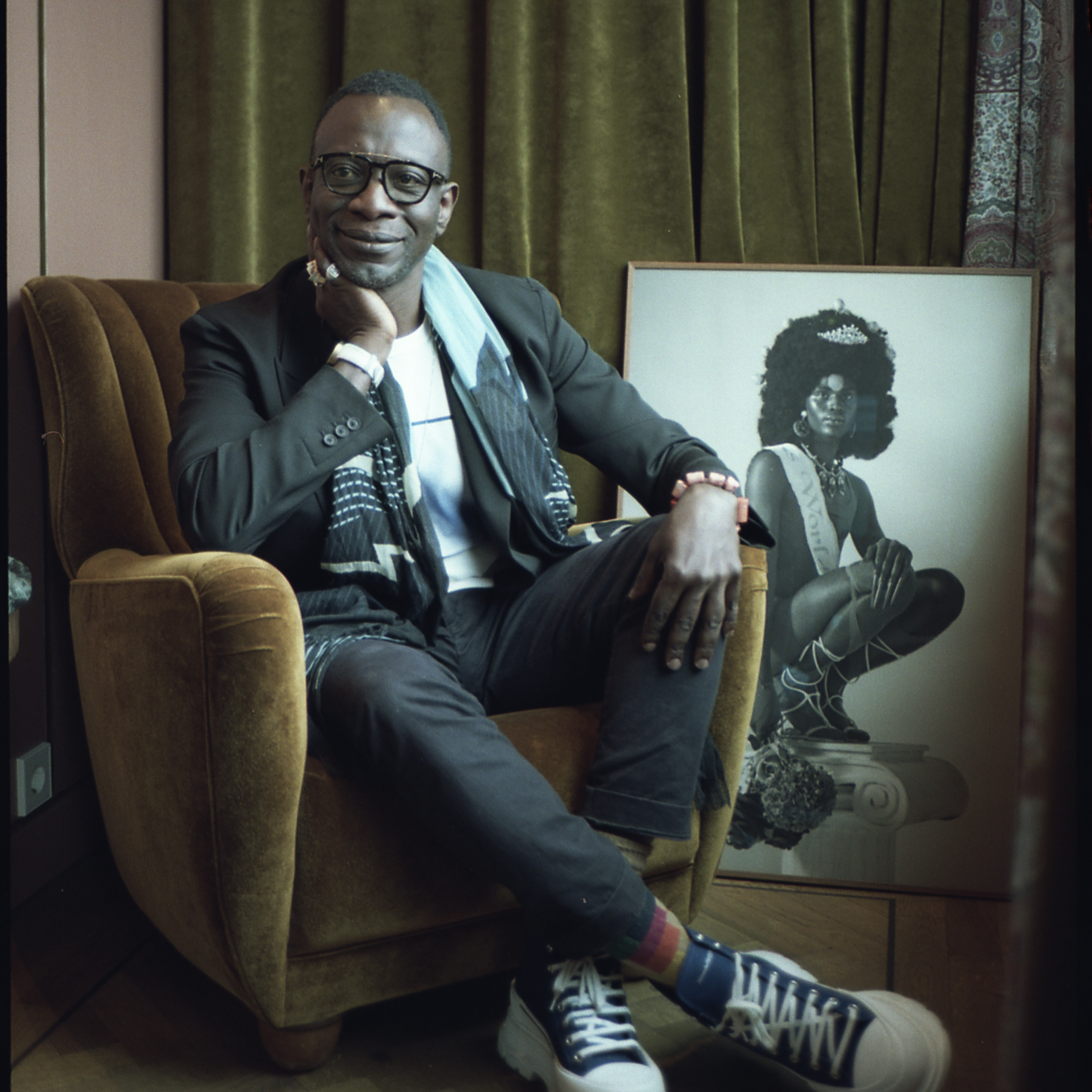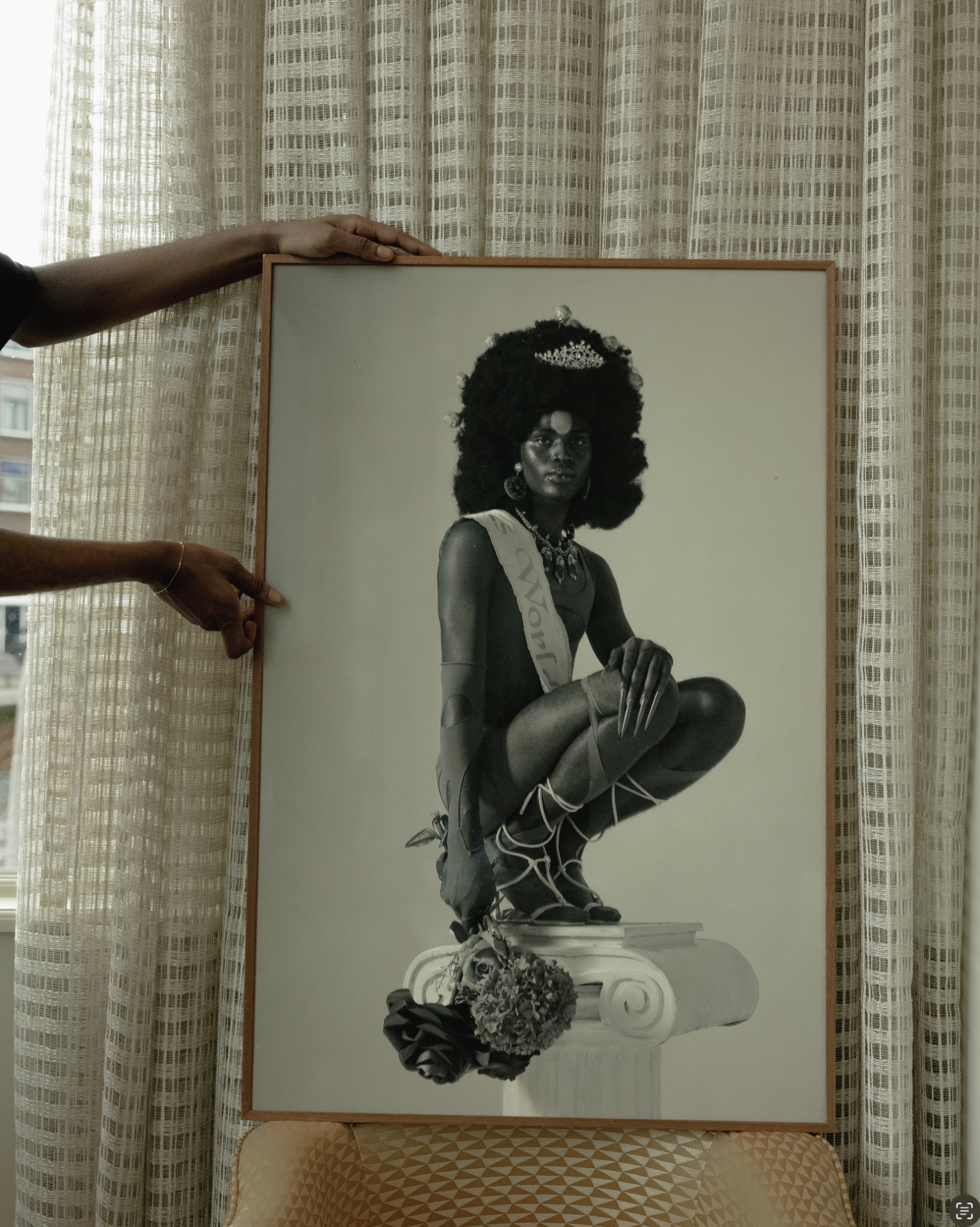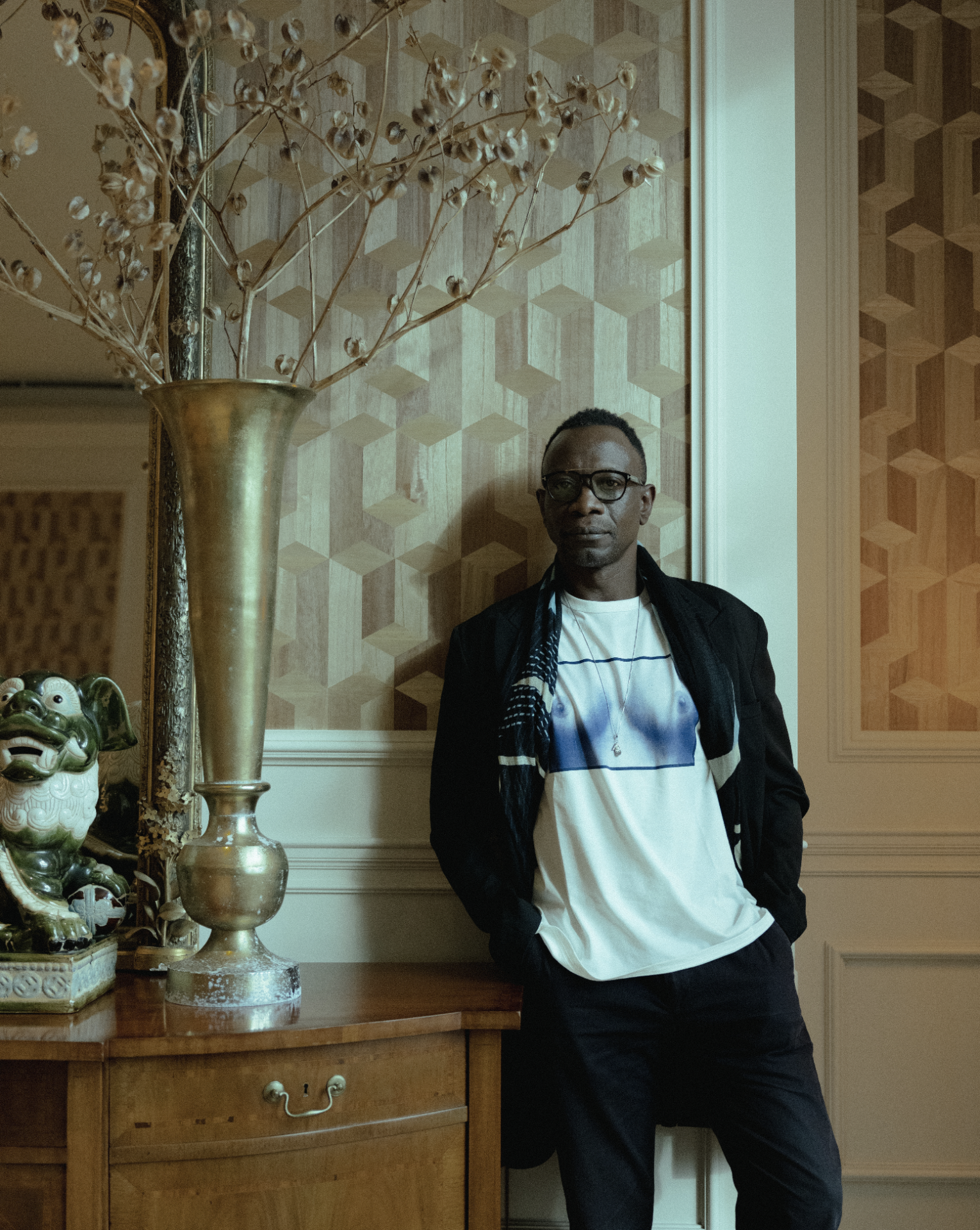For many decades, the African continent has been subjected to a very one-sided form of storytelling, fuelled by what you’ve described as Afro-pessimism before – the prevailing notion that Africa is a place of suffering and an object of pity. In recent years this seems to be shifting, at last. What are your thoughts on that?
It is exciting to see there’s now a huge interest in Black portraiture that’s neither rooted in these negative stereotypes, nor merely celebrating Black excellence. It’s a type of portraiture that celebrates the middle, meaning the mundane, or domestic bliss. It’s something that for a long time we never really got to see: a peek inside the everyday lives of middle class Africans or Afro-Americans. That to me is truly radical. With people like Stephen Tayo, Silvia Rosi and Daniel Obasi, we are seeing a new sense of self reflexivity emerge among African photographers, one which interrogates notions of identity, and the agency that comes with it.
In previous editions of LagosPhoto, you deliberately chose to invite Western photographers whose work deals with the continent – a decision which was met with some heavy criticism.
It was. But for me I strongly wanted to push against that notion of non-African photographers not allowed to be telling stories about Africa. You have to be vigilant you don’t replace one cliche with another, and counteract violence with another form of violence. I think it is important that these photographers can operate within a dialogue with each other. Take Viviane Sassen for example, who spent her formative years in Kenya. Her work has been cited as being a massive inspiration to [Black] photographers like Tyler Mitchell. To dismiss her work based on the fact she’s not African enough to make work about it, I think is hugely reductive. That doesn’t, of course, mean one shouldn’t be aware of their own power and privileges.
What makes it challenging, however, is that a lot of African photographers don’t have that same access to the global stage that their Western counterparts do.
And that’s why hosting is so important, and by that I mean, creating a node of exchange on the continent itself, where intercultural dialogues can take place. That’s how I have envisioned LagosPhoto: a place of sharing, whether it is perspectives or networks or ideas. Generosity should be at the center stage, because that is essentially the biggest antidote to colonialism.
For Homecoming you’ve selected Daniel Obasi as one to watch. What attracts you to his work?
Daniel is amongst a handful of talented artists creating important artefacts of our time wether through film, photography or text. His approach to image making is empathetic and singular and one that serves the widest possible audience. The image I selected for my home represents just that. It is perfection. Stillness in motion. It calls me.
What does home mean to you?
Home to me means a safe place where I can sing and laugh and be free without worrying about being judged. It’s my sanctuary and space that allows me be imaginative and creative.
Do you have any art pieces you dream of having in your house?
I prefer not to dream. I want to wake into my reality each day.
txt: Rolien Zonneveld
imgs: Desiré van den Berg


